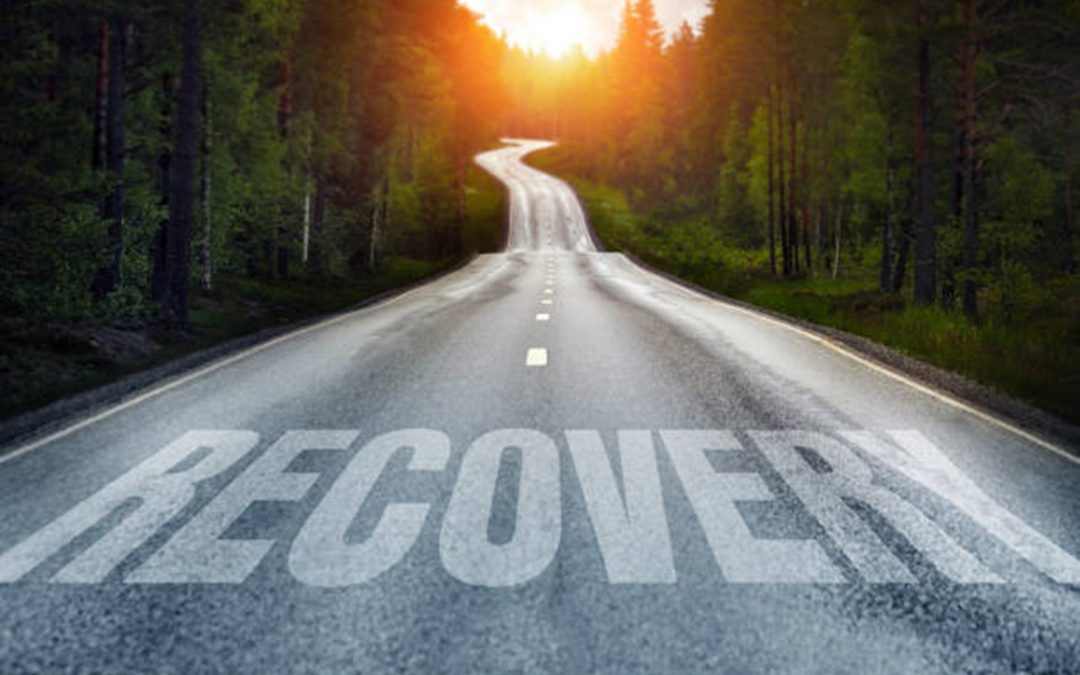
Opioid Crisis and Communities of Color
As COVID-19 deaths decline, overdose deaths continue to rise, with death rates spiking in communities of color (AMA, 2023), where fentanyl has entered the drug supply of stimulants as well as heroin.

As COVID-19 deaths decline, overdose deaths continue to rise, with death rates spiking in communities of color (AMA, 2023), where fentanyl has entered the drug supply of stimulants as well as heroin.
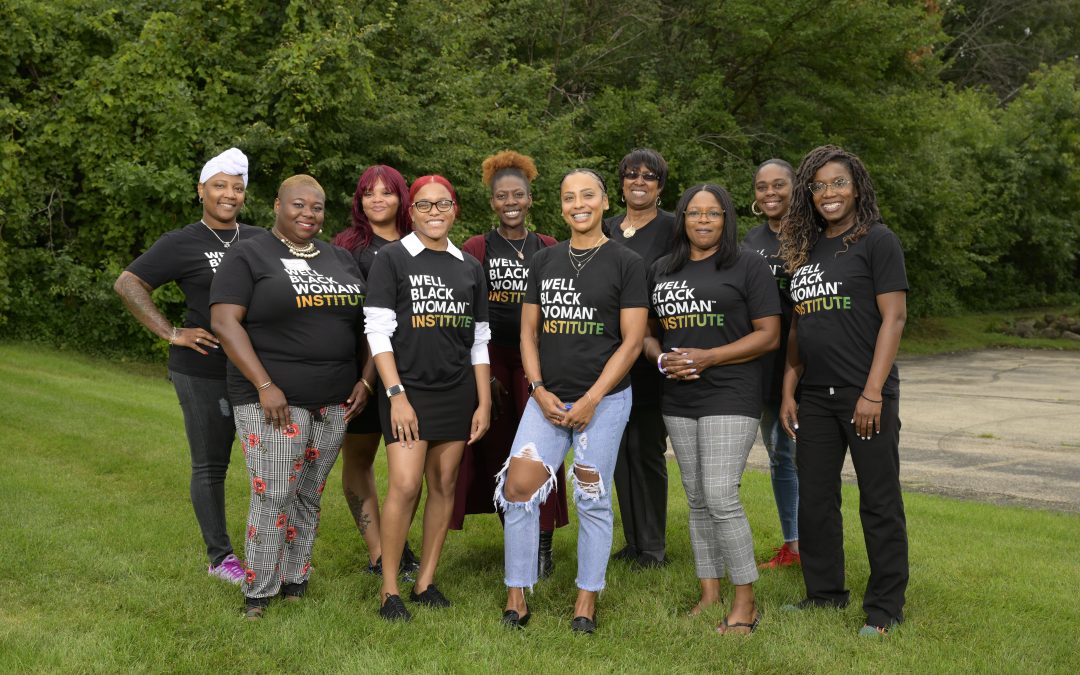
Investments in community-led initiatives, strategies, and solutions are crucial to build the power and capacity of populations most impacted by health and social inequities. The Well Black Woman® Institute (WBWI) is an innovative leadership development program for Black women in Wisconsin. WBWI builds the knowledge, skills, and capacity of Black women to become health equity advocates, leaders, and change agents within their communities and across the state.
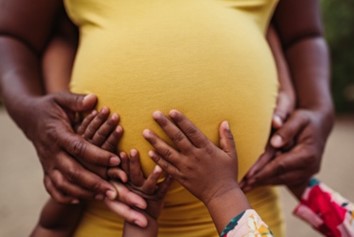
By identifying barriers to prenatal care, we can decrease maternal and infant mortality rates.
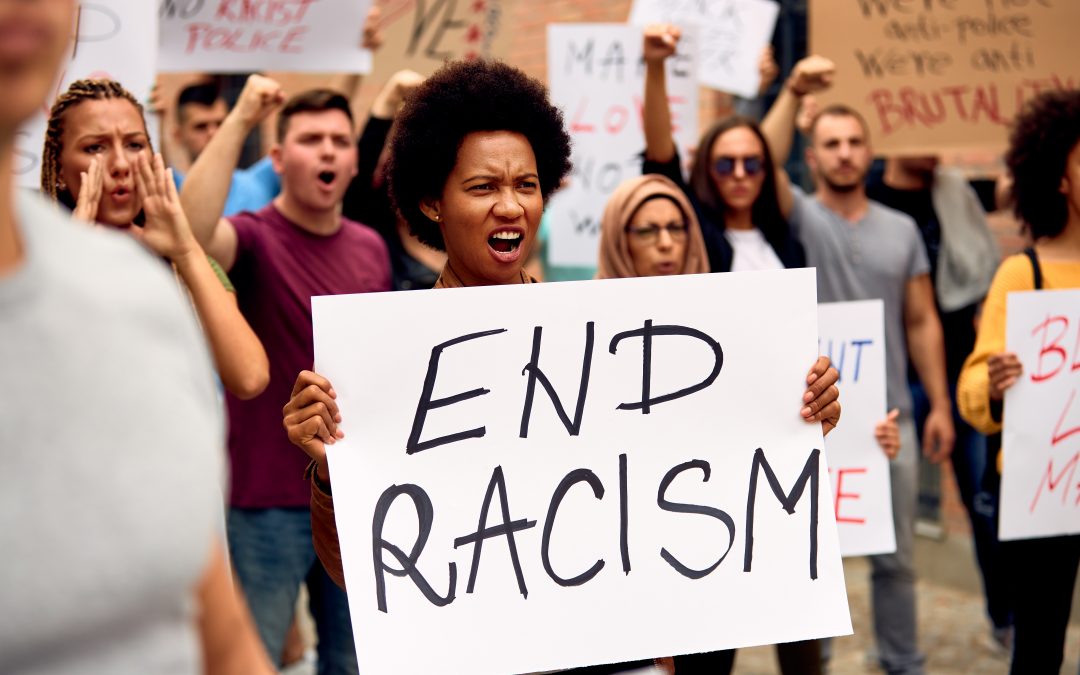
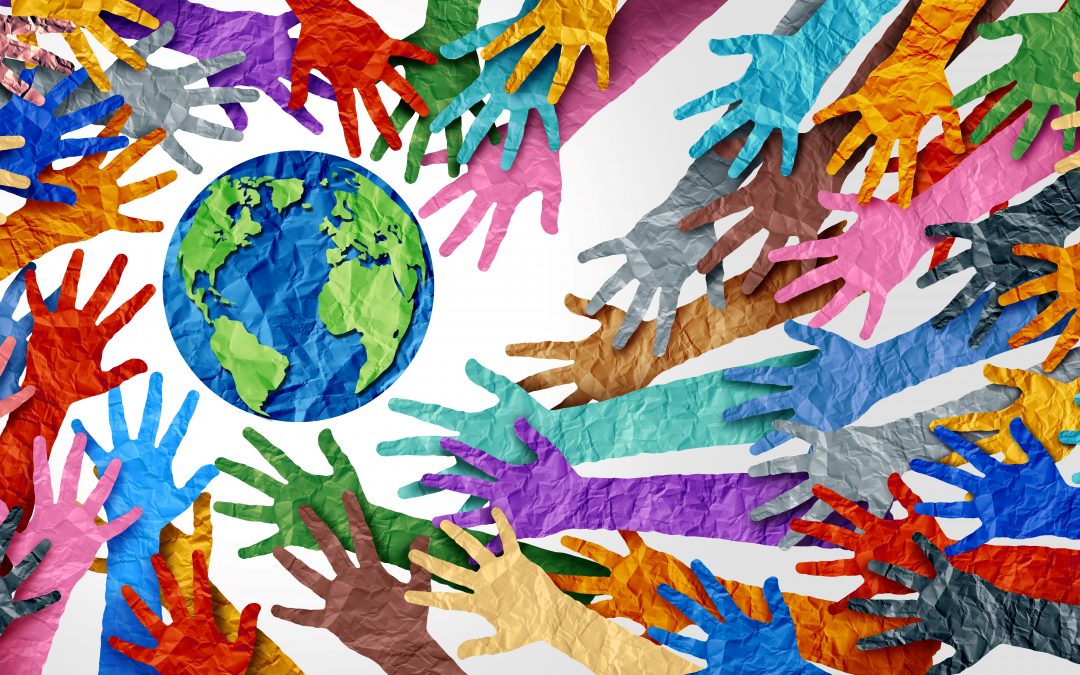
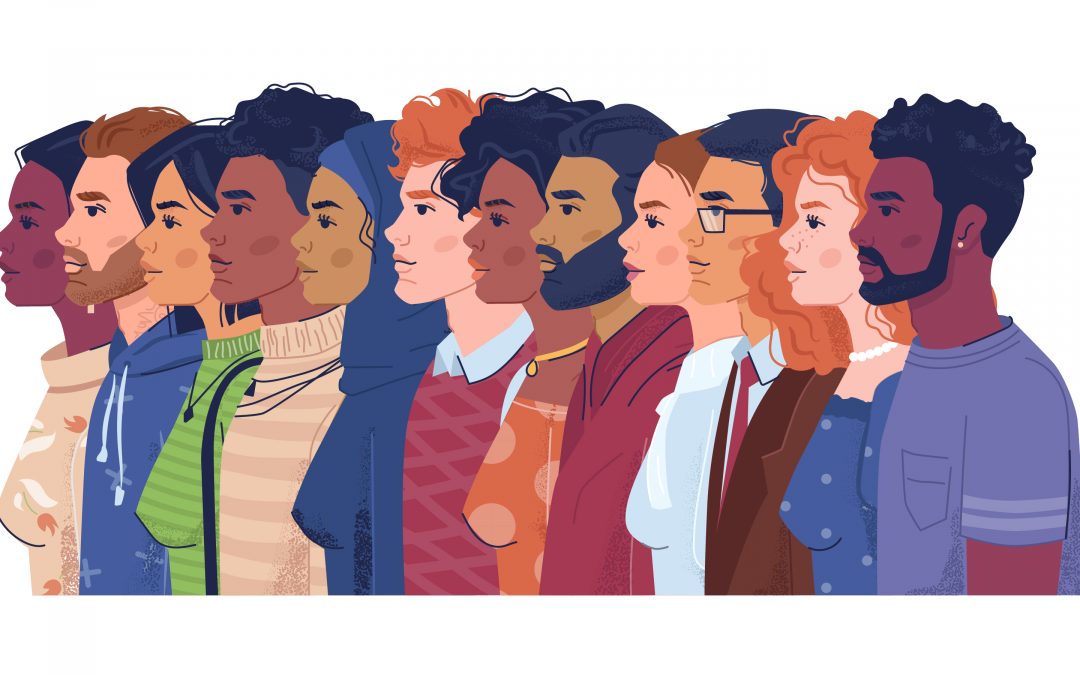
Legislative oversight of higher education may further weaken the public health workforce pipeline and limit the profession’s ability to serve communities.